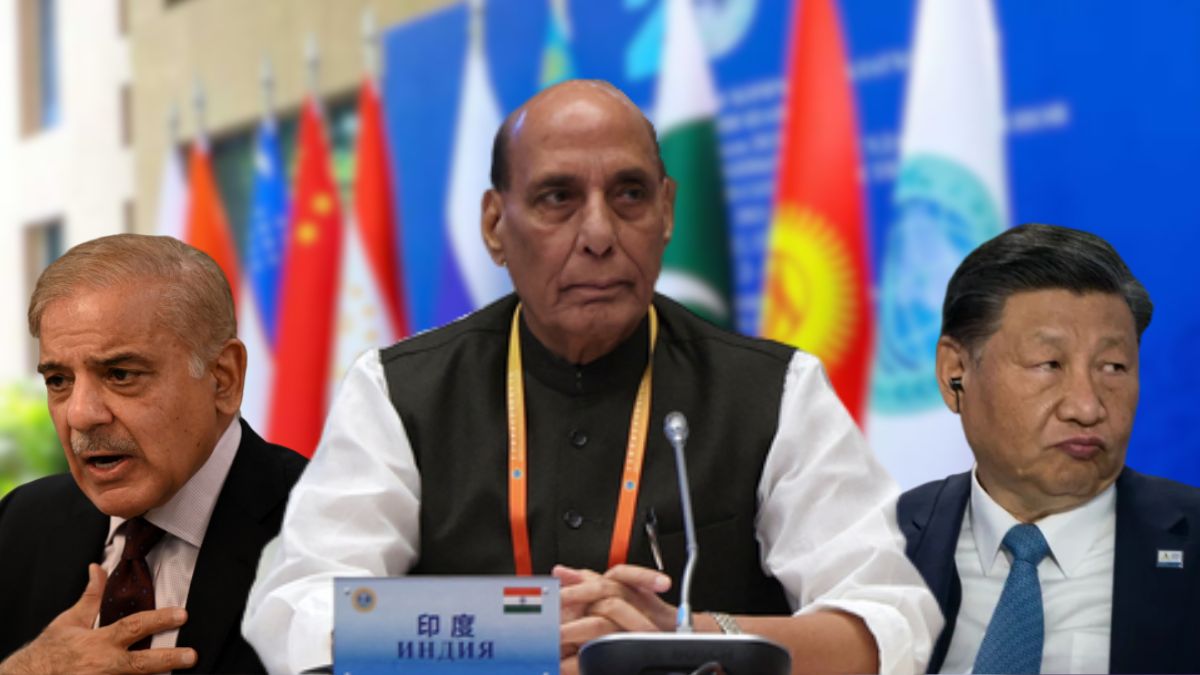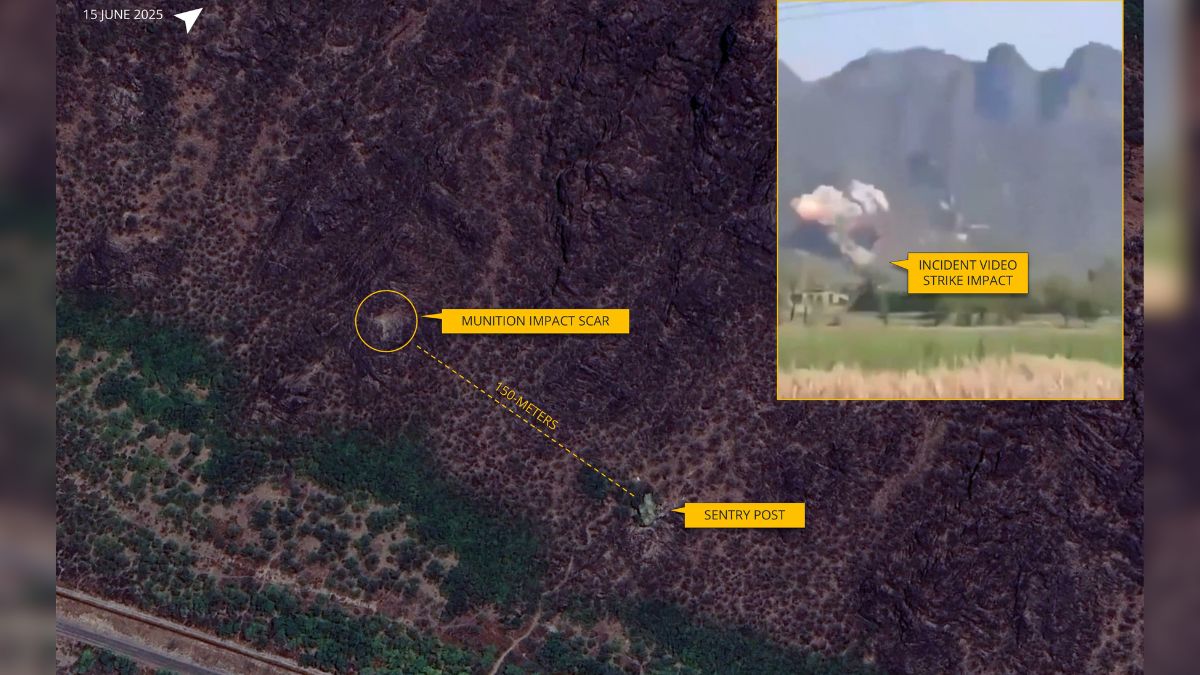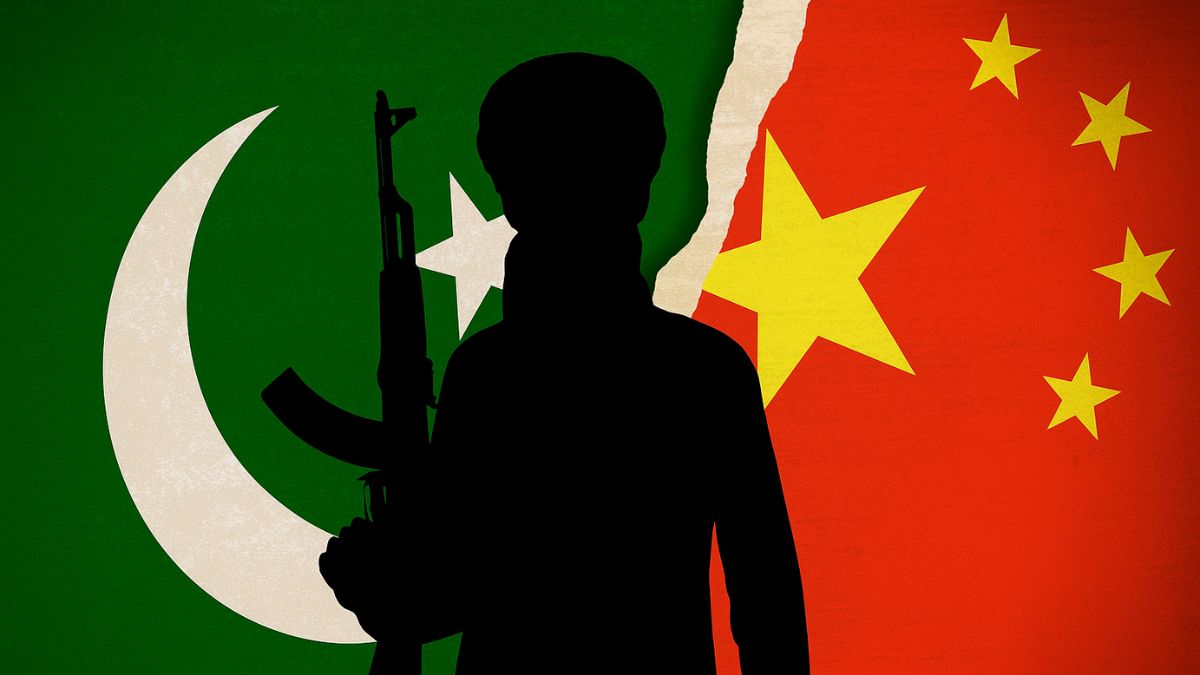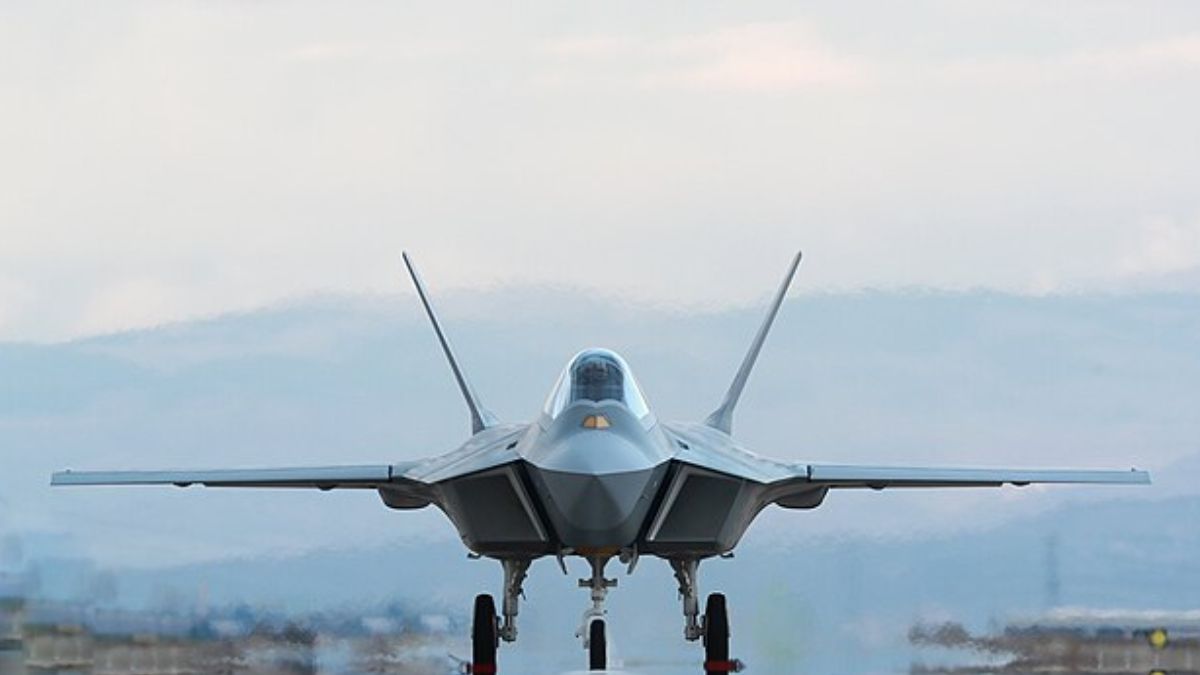SCO Summit: India Tears Into China, Pakistan’s Weak Stance On Terrorism; Snubs Joint Statement

Without naming any country, Rajnath Singh slammed Pakistan and China at the SCO Summit for tacit support to terrorism. Image courtesy: RNA
Defence Minister Rajnath Singh launched a pointed attack on state-sponsored terrorism during the Shanghai Cooperation Organisation (SCO) Defence Ministers’ meet, refusing to endorse a joint statement that downplayed recent terror incidents, including the Pahalgam attack that killed 26 people.
Sources confirmed that India walked away from the document over China and Pakistan’s attempts to dilute references to terrorism, with Beijing (the current SCO chair) and Islamabad pushing for a version that omitted any mention of cross-border attacks. Instead, the final draft included a reference to unrest in Balochistan, widely seen as a veiled allegation against India.
What did Rajnath Singh say about terrorism at the SCO?
Without naming Pakistan directly, Singh condemned the use of terror as an instrument of state policy. “Some countries use cross-border terrorism as an instrument of policy and provide shelter to terrorists,” he said, calling for accountability. “It is imperative that those who sponsor, nurture, and utilise terrorism for their narrow and selfish ends must bear the consequences.”
He also referred to the Pahalgam terror attack in Jammu and Kashmir, asserting it bore the hallmarks of Lashkar-e-Taiba, a banned terror group based in Pakistan. “The pattern of the Pahalgam attack matched Lashkar-e-Taiba’s past strikes in India,” he said.
Singh demanded that the SCO adopt a clear and unified stance against terrorism. “We must unite in our fight against terrorism for our collective safety and security,” he told fellow defence ministers. “There should be no place for double standards in combating terrorism.”
Why did India refuse to sign the SCO joint statement?
Multiple media reports, citing sources, said that India declined to sign the proposed joint statement after China and Pakistan attempted to remove references to recent acts of cross-border terrorism. The final draft omitted any mention of the Pahalgam attack but controversially included Balochistan, which Pakistan has long accused India of destabilising — an allegation India firmly rejects.
Officials said the inclusion of Balochistan and exclusion of real-time terror incidents exposed the “hypocrisy” of some member states.
As a result, the SCO decided not to release any joint communiqué from the defence ministers’ summit.
What has been India’s consistent position on Pakistan and Balochistan?
India has repeatedly rejected Pakistan’s claims of Indian involvement in Balochistan and instead accused Islamabad of exporting terror across borders. “Pakistan should look within and stop backing terror instead of making wild allegations,” a senior Indian official said following the summit.
By refusing to endorse the joint SCO statement, India has once again reinforced its zero-tolerance stance on terrorism and exposed what it sees as the duplicity of China and Pakistan on global platforms.







